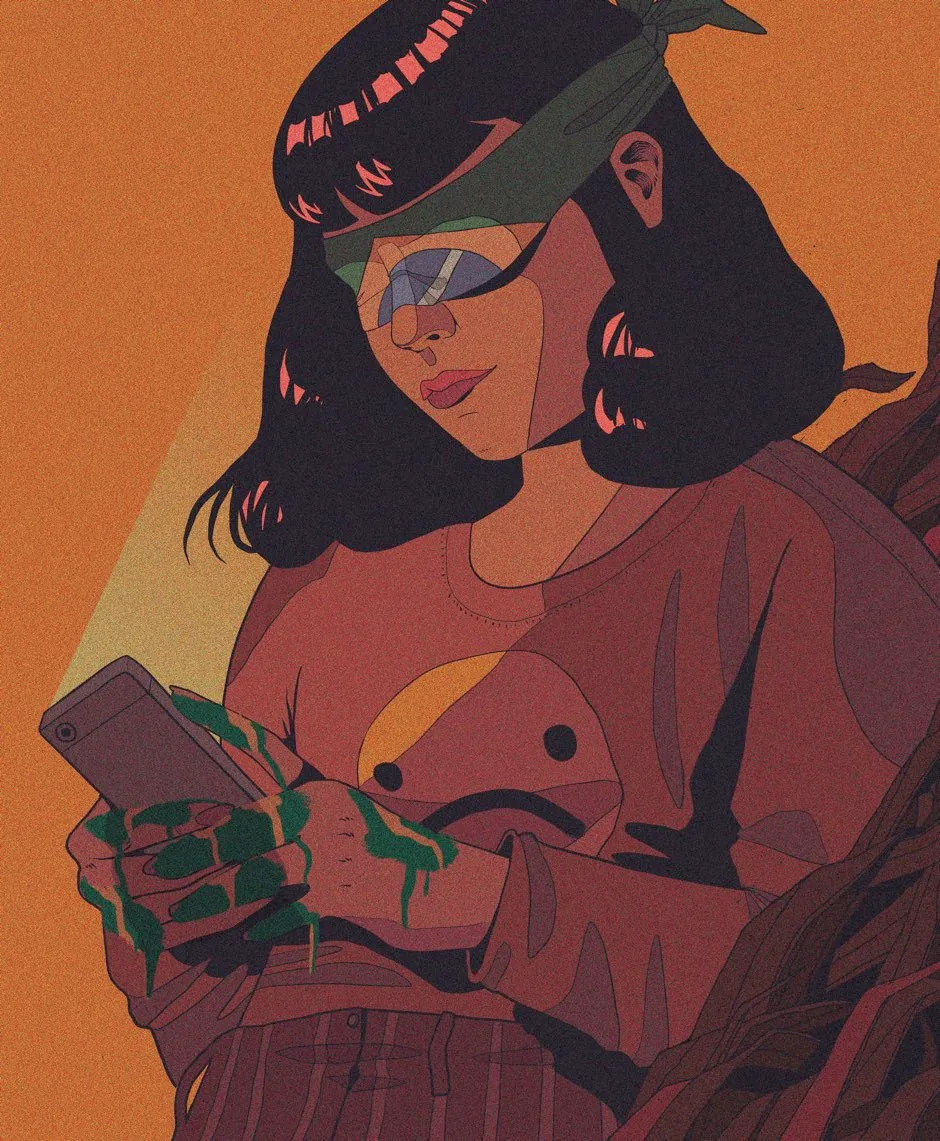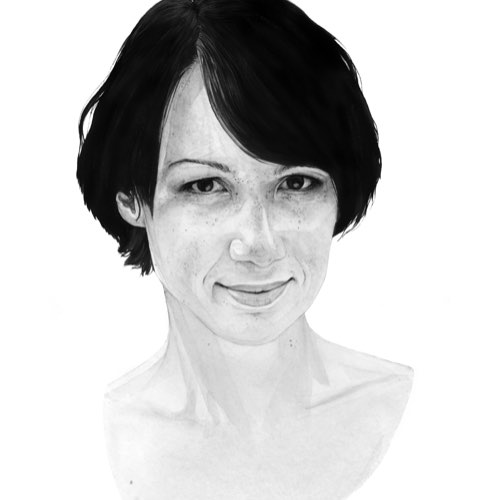Pre-internet, analysts found that patterns of behaviour clustered in geographic areas. Anthropologists and human geographers studied the clusters of culture that formed within isolated social groups – whether in rural parts of the UK or tribes in remote Asia – and found patterns about how they structure their days and lives.
Social psychologists recognise that finding yourself in one of these tight-knit, isolated communities predicts what you will believe.
Armed with this knowledge, many observers and experts predicted that access to all the world’s information would create silos of opinion that we now describe variously as feedback loops, echo chambers and filter bubbles.
There are other aspects of human behaviour that scientists have predicted will have a profound impact on our society. One of these is, what will happen if a system is set up that charges for different access to all the world’s knowledge? Recent events in Brazil could offer us some insights.
Read more about the internet:
- Frozen heads and future fortunes: what is the cost of digital information?
- A scientist's guide to life: how to navigate digital living
Not long ago, two reporters from The New York Times went to Brazil to investigate a proposed link between messaging service WhatsApp, video-sharing site YouTube, and the rise of far right presidential candidate Jair Bolsonaro.
They discovered that the poorest Brazilians – whose political revolution helped to usher in Bolsonaro – had fallen into a swirl of misinformation and conspiracy that supported the far right line, and was a specific result of an unevenly distributed information network.
Internet access is expensive in Brazil, and many mobile phone operators throw in unlimited access to the WhatsApp app for free as a contract sweetener. Even if you can’t afford an internet plan, which means no YouTube or Google, you can still connect for free in the closed social groups you form via WhatsApp.

And whatever passes through that silo becomes your news diet.
Illiteracy in poor communities is incredibly high, so text isn’t the primary form of communication. Instead, video clips snipped from YouTube (too expensive) are uploaded to WhatsApp (free), where they’re viewed and shared.
Read more from Aleks Krotoski:
- The art of good storytelling
- The devil's in the data when it comes to human emotions
- How tech has transformed thecreative process
According to the authors, the Brazilian YouTube ecosystem had been hijacked by conspiracy theorists who jumped onto issues of interest to the poor communities, and they created compelling and algorithmically tasty content that was fed into the WhatsApp closed groups without context.
And because these users weren’t able to check for veracity on Google (too expensive), their news diet became unbalanced. The authors drew a direct link between a two-tiered, unevenly distributed access to information and the rise of fear and rage against opponents of Bolsonaro.
The internet is already positioned to service our desire for silos of opinion, which we know can lead to changes in behaviour. A non-neutral, economically divided internet will create echo chambers of manipulated and unverifiable information that will continue to have real-world consequences.
We are devastatingly predictable animals, after all.
